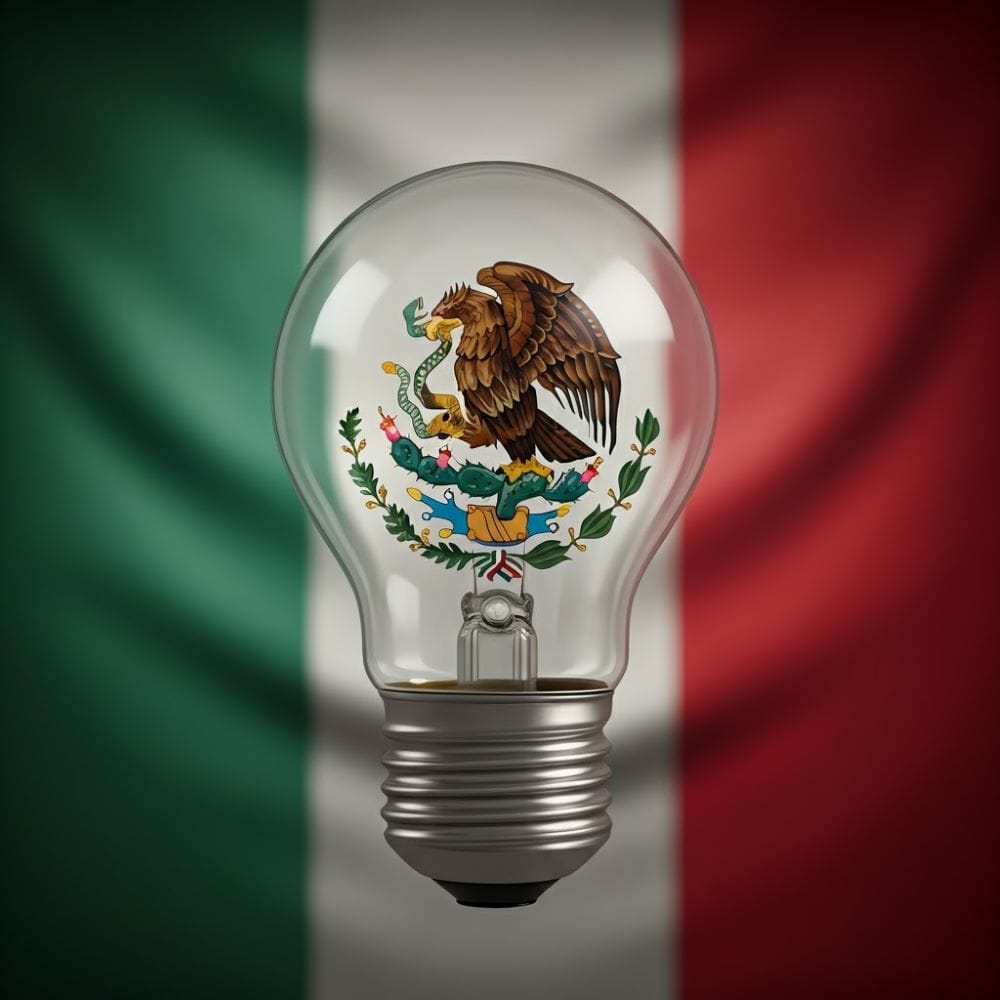Mexico Reverses Energy Privatization, Returns to State Control
Mexico's Senate approves controversial energy reform, returning oil and electricity control to the state. The reform, supported by the ruling Morena party, aims to reverse privatization and ensure energy sovereignty.

Ah, Mexico. Land of ancient pyramids, breathtaking beaches, and now, thanks to an eight-hour Senate session, a fresh constitutional rebranding of its state-owned energy giants. Yes, you heard right—state-owned—because Pemex and the Federal Electricity Commission (CFE) are back under government control, like prodigal sons returning home to a mother who never quite trusted their independent streak in the first place. It’s all part of a grand plan to regain “energy sovereignty,” or as I prefer to call it, an unapologetic middle finger to private enterprise.
In the dark hours of the night, while most of us were dreaming of Ferraris and whisky, 86 wide-awake Mexican senators voted “yes,” while 39 opted for “absolutely not,” and one senator, Amalia García, sat on the fence, probably scrolling through her phone and thinking, "meh, let’s abstain." The whole thing ended just after midnight. Oh, and in case you’re wondering, this wasn’t some routine post-midnight debate about minor administrative tweaks—no, this was a heated standoff, with the future of Mexico’s energy sector at stake. It was a proper political slugfest between the ruling Morena party, waving the banner of “energy sovereignty,” and the opposition, waving the even bigger banner of “you’re ruining everything.”




